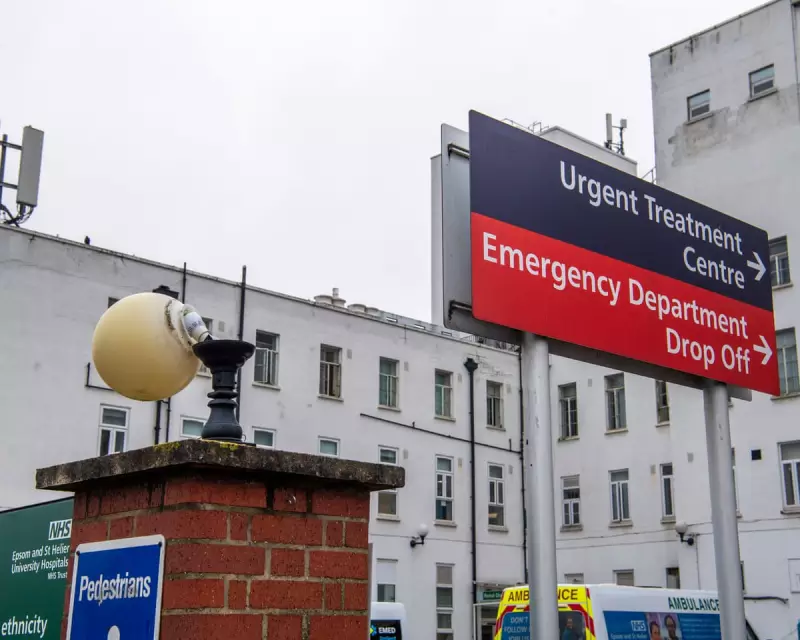
Hundreds of low-paid hospital staff working for the NHS have secured significantly improved employment terms after threatening to take strike action. The breakthrough came following intense negotiations between union representatives and management at two major hospital trusts in England.
The Power of Collective Action
More than 400 healthcare workers, including porters, cleaners, and catering staff employed by outsourced contractor OCS, were prepared to walk out over what they described as poverty pay and inadequate working conditions. The staff provide essential services at Royal Liverpool and Broadgreen University Hospitals NHS Trust, as well as Aintree University Hospital, both operated by Liverpool University Hospitals NHS Foundation Trust.
The threatened industrial action, scheduled for late October, prompted urgent negotiations that resulted in management backing down and offering improved terms. Workers will now receive enhanced sick pay matching NHS rates, increased holiday entitlement rising from 21 to 27 days, and improved maternity and paternity benefits.
Breaking Down the Victory
The agreement represents a significant victory for some of the lowest-paid workers in the healthcare system. Under the new terms, sick pay will increase substantially from the statutory minimum of £109.40 per week to match the NHS scheme, which provides full pay for the first month of sickness absence.
Union officials from Unison played a crucial role in the negotiations, having balloted members who overwhelmingly supported strike action. The result saw 95% of voting members back industrial action on a turnout of 72%, demonstrating strong support for challenging what they called "poverty pay" conditions.
Additionally, workers will benefit from death in service cover equivalent to two years' salary and access to an NHS pension scheme, bringing their terms much closer to those enjoyed by directly employed NHS staff.
Broader Implications for NHS Contracting
This settlement raises important questions about the outsourcing of essential NHS services to private contractors. For years, campaigners have argued that outsourcing creates a two-tier workforce where staff doing identical jobs receive vastly different pay and conditions depending on their employer.
The timing of this agreement comes amid ongoing disputes across the NHS about fair pay for healthcare workers. While the government has implemented the 2024/25 pay award for directly employed NHS staff, workers employed by private contractors often miss out on these improvements.
Union representatives have emphasised that this victory demonstrates the power of collective action and could set a precedent for other outsourced NHS workers across the country fighting for better terms and conditions.
The successful avoidance of strike action through negotiated settlement has been welcomed by all parties, ensuring continuity of hospital services while delivering fairer conditions for the essential workers who keep NHS hospitals running smoothly.






